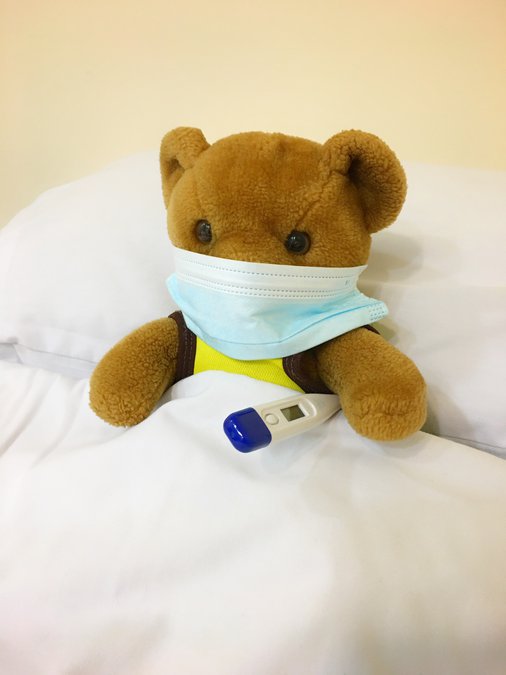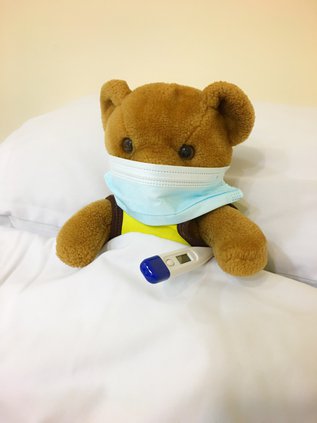We know that you need accurate and up-to-date information about the coronavirus in our community. The Forsyth County News is making this article available free to non-subscribers as a public service. Please consider supporting our work by subscribing today.
Children ages 5-11 are now eligible to receive the COVID-19 vaccine.
On Oct. 29, the U.S. Food and Drug Administration authorized the emergency use of the Pfizer COVID-19 vaccine for use in children under the age of 12.
According to the FDA, immune responses of children 5-11 were comparable to those of individuals 16-25. The vaccine was found to be 90.7% effective in preventing COVID-19 in children aged 5-11 after being studied in about 3,100 children in that age bracket. No serious side effects were detected in the ongoing study.
To help Forsyth County parents learn more about the vaccine, Forsyth County News interviewed a local pediatrician.
Dr. Susan Traxler with Cumming Pediatric Group has been practicing medicine in the north Georgia area for 14 years and was recently recognized by Atlanta Parent Magazine as one of the top “Mom Approved” pediatricians in the metro-Atlanta area.
How does the vaccine for children differ from the vaccine for adults?
“The only COVID-19 vaccine that is currently approved for children ages 5-11 years is the Pfizer mRNA vaccine. It is currently available under Emergency Use Authorization only during the COVID-19 pandemic.
“The dosing is different for younger children. Children 12 years and up receive the same dose as adults; however, children ages 5-11 years will receive one third the dose of the adult vaccine. The dosing interval, however, is the same. They should receive a second dose 21 days after the first dose.”
Where can a child get the vaccine? Do they have to come through pediatricians?
“Many pediatrician offices have already been offering the Pfizer COVID-19 vaccine for children ages 12 years and up. Those same practices should begin offering the Pfizer vaccine for ages 5-11 years. However, the 5–11-year dose is packaged differently than the adult vaccine, so there may be some delay before practices receive the newly-approved vaccine doses for younger children.
“Also, the same pharmacies/health departments that have been giving COVID-19 vaccines all along should also be offering the COVID-19 vaccine to younger children. Parents may refer to vaccinefinder.org to find a location nearby.
What are the side effects? Do they differ from side effects in adults?
“Typically, vaccine side effects should be mild and short-lived and are similar to other routine vaccines. The most common side effect tends to be a sore arm. Rarely, more serious side effects can be experienced.”
Related article: When kids ages 5 to 11 can get a COVID vaccine in Georgia
Would you recommend vaccines for your patients 5-11? Why or why not?
“With rare exceptions, I recommend COVID-19 vaccination for my 5–11-year-old patients. Thankfully, most children are generally healthy. Over the last year, COVID-19 was the eighth highest cause of death in children.
“More recently, during the Delta variant surge, COVID-19 was the sixth-highest cause of death in children. I think most of us would agree that any death of a child is significant. If we have the ability to prevent serious illness or death in our children, I believe most parents would do it.
“If you are the parent of a child who dies when something could have been done to prevent it, that matters. COVID-19 can cause serious illness in children, and that risk exceeds the risk of the vaccine. And, the more people who are vaccinated, the less likely the virus is to spread into potentially new variants.”
What sources do you recommend for parents that have additional questions?
“I refer my patients to the Children's Hospital of Philadelphia Vaccine Education Center for reliable information regarding all childhood immunizations.”

